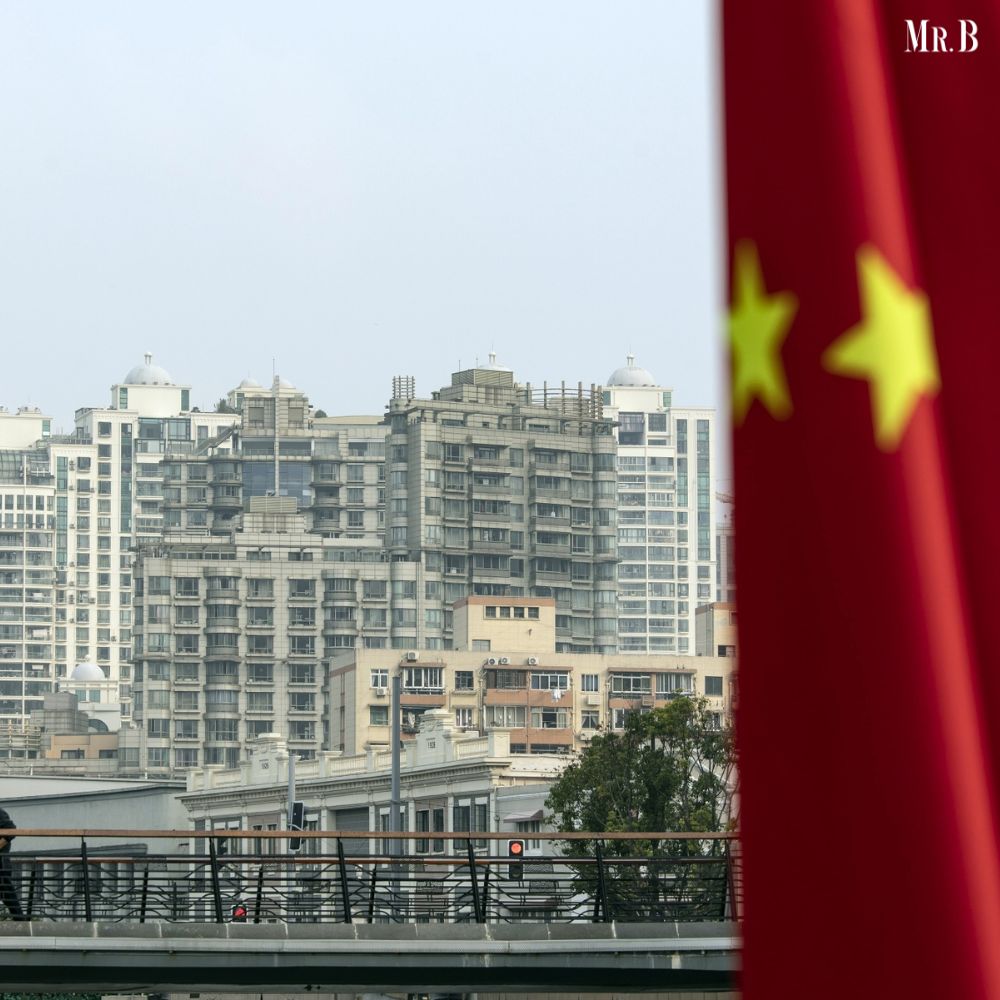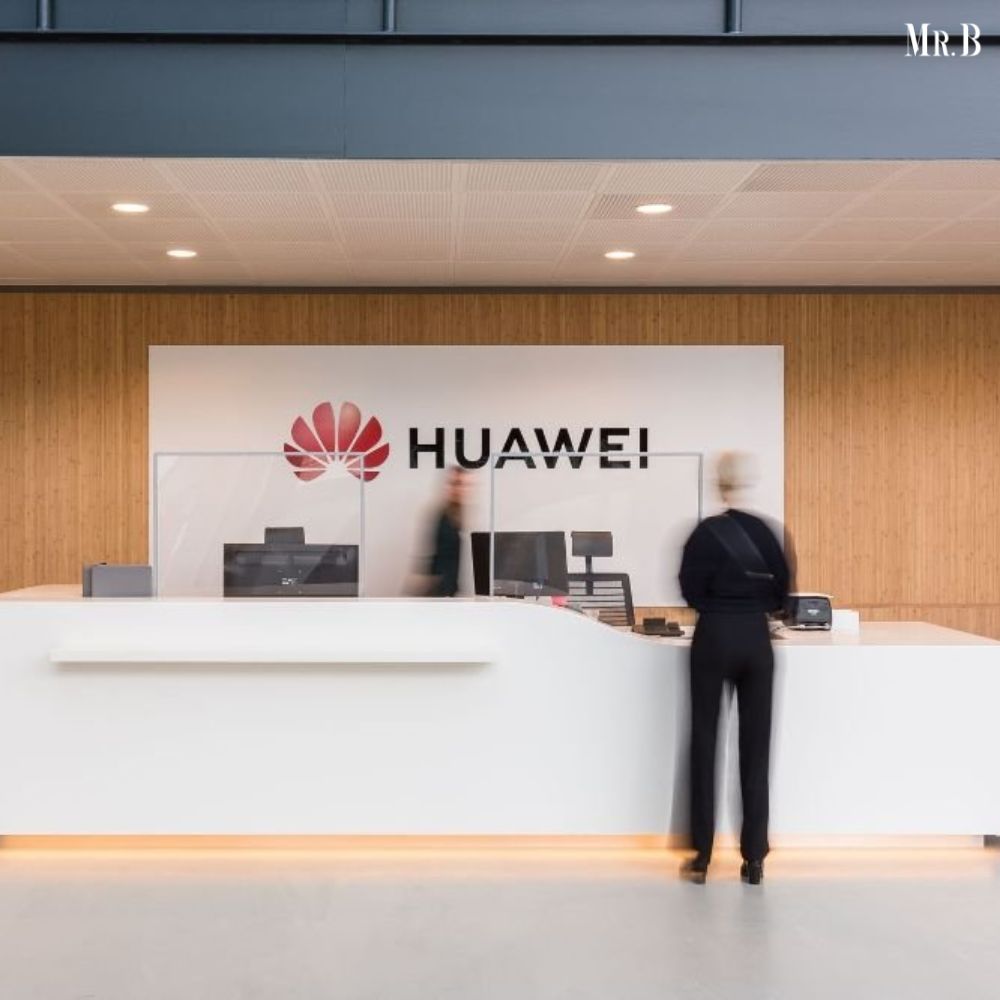The Real Estate Crisis Raises Concerns Over China’s Shadow Banking Sector
- Category: News

A financially beleaguered company has halted payments to investors, sparking alarm and putting the Chinese government’s commitment to addressing the property crisis-induced debt issues to the test. An accountant in northeastern China entrusted her life savings to a trust company and received a letter assuring the safety of her investment. Workers at a state-owned utility joined forces with friends and relatives, confident that their investments were government-backed. Another individual invested $140,000 into an account promising a 10.1 percent annual return.
These investors are part of a vast group of Chinese investors grappling with a disconcerting reality: Their investments with Zhongzhi Enterprise Group, a financial behemoth managing $140 billion in assets, and its trust banking arm, Zhongrong, may be in jeopardy. Beginning in July, Zhongzhi-affiliated companies began missing numerous payments to investors, with no clear timeline for repayment, heightening concerns that one of China’s largest shadow banks might be on the verge of collapse.
In a brief statement released last week, Zhongrong acknowledged that certain investment products were “unable to be paid on schedule” due to “multiple internal and external factors.” However, the statement did not provide assurance regarding investor reimbursement. Zhongzhi, on the other hand, has not issued any public statements regarding its financial situation and did not respond to an email requesting comment.
Zhongzhi’s troubles are the latest repercussions of China’s property crisis, which is wreaking havoc on the country’s financial system and exerting immense pressure on the central government as it navigates a challenging economic downturn. These developments have reignited concerns about China’s shadow banking sector – financial firms that offer lending and investment services but operate with fewer regulations than traditional banks. These firms provided extensive credit to property developers during China’s construction boom, and now, as new home sales stagnate, many borrowers are defaulting on their loans.
China’s property woes trigger shadow banking concerns
Trust companies like Zhongrong are a component of these shadow banks, selling investment products to Chinese corporations and affluent individuals. They are subject to fewer requirements for publicly disclosing information about their operations, including how they invest client funds. These entities are also massive in scale, managing a staggering $3 trillion in assets, enticing investors with high-yield financial products that were often believed to be government-backed. Trusts extend loans or invest in assets like real estate, stocks, and bonds – funds that keep China’s economy and markets functioning.
Zhongzhi, a privately owned conglomerate with diverse business interests spanning venture capital, asset management, and insurance, possesses a 33 percent stake in Zhongrong International Trust, which held $86 billion in investments in 2022.
Zhongrong’s statement, issued after weeks of silence, revealed that it had enlisted the support of two state-owned enterprises, intensifying curiosity about Beijing’s intentions. For decades, China has bailed out financially troubled financial firms, leading many to believe that trust products – especially those affiliated with state-owned enterprises – were essentially government-guaranteed.







